Mini skis, also known as short skis, are the newest member of winter sports family. Deriving from two most favorite winter sports, skiing and ice skating, mini skis bring new opportunities onto slopes. Let's dive right into what these tiny skis have to offer!
Even more information about mini skis in this video:
What is a mini ski?
Simply put, mini ski is a short ski used by both beginners and experienced skiers.
Mini skis are shorter than traditional skis and are typically less than 100 cm in length. Mini skis have gained popularity in recent years as a fun alternative to traditional skiing, and they have been designed to be used in various snow conditions, including powder, groomed runs, and terrain parks.
Shorter = better
Mini skis are sometimes mistakingly considered skis exclusively for beginners. The truth is that short skis are a great choice for beginners, intermediates and very skilled skiers.
This equipment is designed to be as much a hybrid of skates and skis as possible, providing the agility and ease of skating with the speed and versatility of skiing. Their size makes them particularly easy to carry, fitting comfortably in a standard backpack, which is a significant part of their appeal.
So, what is the purpose of mini skis?
Mini skis are primarily designed for freestyle skiing and terrain park riding, however, they are suitable for anyone who does not enjoy the long skis.
They are also great for those who enjoy playing in the snow and want to try out some new tricks. However, the list of possibilities does not end just with mini skis playful side.
Mini skis are also an excellent option for beginners who want to learn skiing without committing to longer skis. The shorter length of the mini skis makes them more manageable and easier to control. Not only beginners, but skiers of all proficiency levels benefit from shorter skis, since they are easier to control, transport and use.
Mini skis are also a suitable gear for hockey players and ice skaters, looking for an extension of their training possibilities, since they resemble skating on snow more than anything else.
Types of mini skis
The term mini skis covers skis of any length between 44 and 120 cm. Depending on the length, the experience will differ considerably. Let's divide the mini skis into two groups to describe the main differences:
Skiskates | Skates for snow
Skates for snow are a specific category of mini skis. Skiskates, also known as Snowfeet or simple skates for snow, are mini skis, no longer than 50 cm.
In Snowfeet, we came up with 2 types of skate for snow.
Snowfeet
Snowfeet are skates for snow that you simply attach to your winter hiking boots and you can ski wherever you wish. Snowfeet are made from fiberglass reinforced material, with adjustable bindings. Snowfeet fit all sizes, and they are the perfect gear for any winter adventure. You can put them into your backpack and take them for a hike, on your local sledding hill, or you can use them as cross-country skis.
Skiskates
Skiskates are the world's tiniest skis - they are only 44 cm long. You can attach them to your ski or snowboard boots. Skiskates work the best on groomed slopes, or in snow parks. Even though they are called tiny skis, they are still closer to skating on snow than your regular skiing.
Gear up for your next winter adventure
How to skiskate?
Skating on snow is a tad different from the traditional skiing. Skip to the tutorial video, or keep reading to learn a few useful tips on how to master it within a day.
The movement associated with skiskating is closer to skating on snow more than anything else. So if you are a hockey player or an ice skater, you will find it quite easy.
1. Maintain your balance by keeping your legs not too spread out
Aim for shoulder width. As you glide, positioning one foot slightly ahead of the other can enhance your stability.
2. Ensure your legs remain supple.
Bending your knees is crucial for this. If you start to lose balance, tilt your upper body forward and extend your arms. Aim to keep your body's center of gravity low, particularly when descending slopes.
3. Keep your front-back balance
Unlike traditional skiing where you lean into your toes, with mini ski skates, it's better to shift your weight towards the middle or back of your feet to prevent tipping forward. On rougher terrain, lean back slightly and raise your toes to keep from stumbling. Conversely, when moving backward, tilt forward to balance on your toes.
4. Start like a hockey player
Begin your motion by pushing off to the side like a hockey player. Keep in mind to avoid leaning into your toes as you push; this can cause the tips to dig into the snow, leading to falls.
5. Stop like a hockey player
To halt, engage in a hockey-style stop, similar to what you’d use with skis or skates. Balance your weight evenly across both feet to come to a smooth, gradual stop. For merely slowing down, rely on the heel brake.
6. Turn just like with skis
The technique for making turns is akin to that used in skiing. Angle your skiskates and shift your body and legs toward your desired direction. In fact, many find maneuvering turns with Snowfeet or Skiskates simpler than with longer, bulkier skis.
Skiboards | Snowblades | Skiblades
Skiboards, often called skiblades or snowblades, are considered short skis, too. However, they do not resemble skating on snow as much as Snowfeet or Skiskates do.
Skiboards cover a variety of lengths, each providing a different experience. If you wonder what different lengths feel like compared, go for the following video:
65 cm Snowblades
The 65 cm Skiboards strike a unique balance between snow skating and skiing, blending the best elements of both activities. While traditional skiers might find maintaining front-back balance a bit challenging, this very aspect makes these short skis exceptionally enjoyable. Conversely, hockey players and ice skaters typically find them straightforward to master.
This length is ideal for ski instructors, freestyle skiers, and children who are just starting to learn skiing.
99 cm Snowblades
The 99 cm Skiboards are the most popular choice among our customers. This size offers ample freedom of movement while still providing the necessary support for those who find shorter skis challenging to balance.
These Skiboards excel at carving, are suitable for snowpark activities, and serve well as all-mountain skis. They are also an excellent choice for someone’s first pair of skis.
120 cm Snowblades
At 120 cm, these Skiboards are the longest among the short skis, catering to those who want lighter and easier-to-handle skis without the fear of losing balance. They are perfect for carving and swift descents down the slopes.
Are mini skis good for beginners?
The answer is yes, they are! Mini skis are an excellent option for beginners as they are more manageable and easier to control.
Skiboards are probably the best choice for beginners. They are light and easy to manuever. Skiboards allow beginners to focus on learning the basic techniques of skiing without worrying about the added challenge of controlling longer skis.

Hockey players and ice skates will probably find Skiskates and Snowfeet easier, since they resemble skating on snow even more than skiing.
Short skis are easier not only for the rookies on the slopes, but the ski instructors can benefit from them, as well. Shorter skis allow more agile movement and they are lighter to control.
We discuss the best beginners skis in this article, so if you wish to learn more check it out!
Gear up and have fun!
Do mini skis go slower than traditional skis?
The answer is not necessarily.
Mini skis can reach high speeds, but they are not as stable as longer skis, which can make them feel slower. However, the shorter length of the skis means that you can turn more quickly and change direction faster, which can make the overall experience feel faster.
But the main point is - you will not be able to tell! Most of us uses skis on regular ski slopes where you can achieve the same speed with long and short skis. The only place where we could see some difference would be Olympic games!
Can you cross country ski on mini skis?
The answer is yes, you can! Mini skis, namely Snowfeet, can be used for cross country skiing, and they are amazing for that purpose.
In Snowfeet, we have come up with short Nordic skis, which resemble regular cross-country skis.
But what we really love to do is using Snowfeet for cross country skiing. They are super light, super easy and you can put them into your backpack while hiking. Check for yourself.
Conclusion
In conclusion, mini skis are an excellent alternative to traditional skis, and they offer a unique and exciting skiing experience.
They are perfect for beginners, freestyle skiers, and anyone looking to try something new on the slopes. With the right gear, technique, and snow conditions, mini skis can be a fun and exhilarating way to enjoy the winter sports season.

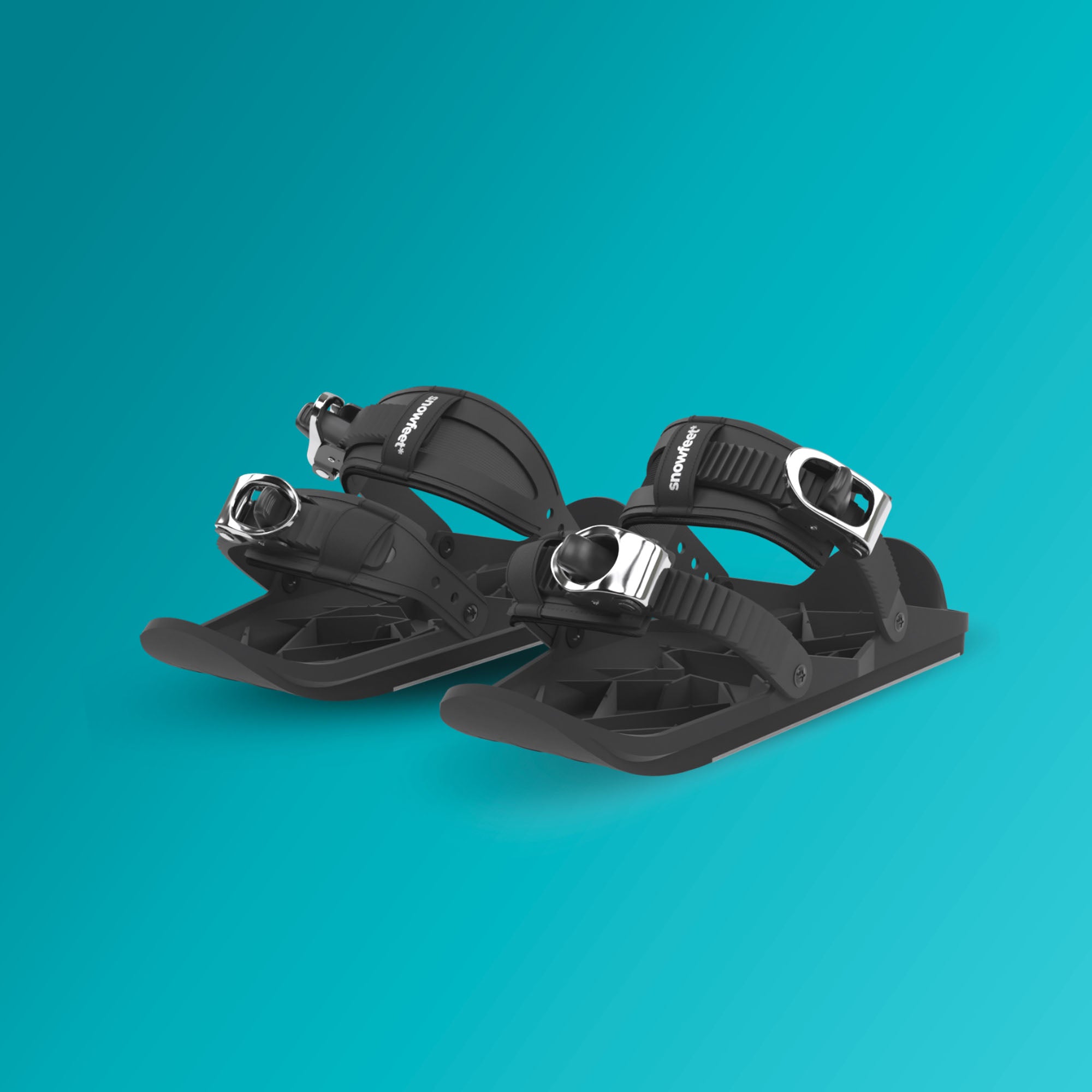


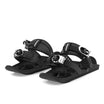
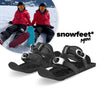

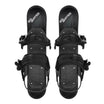


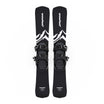
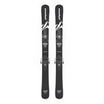
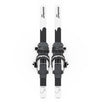
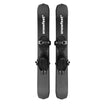
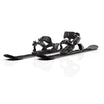
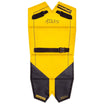

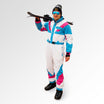
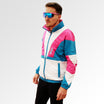
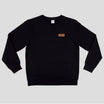
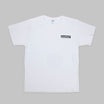
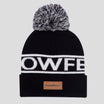
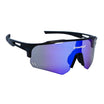
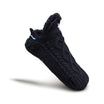
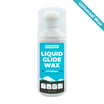
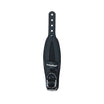
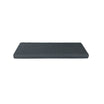
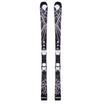



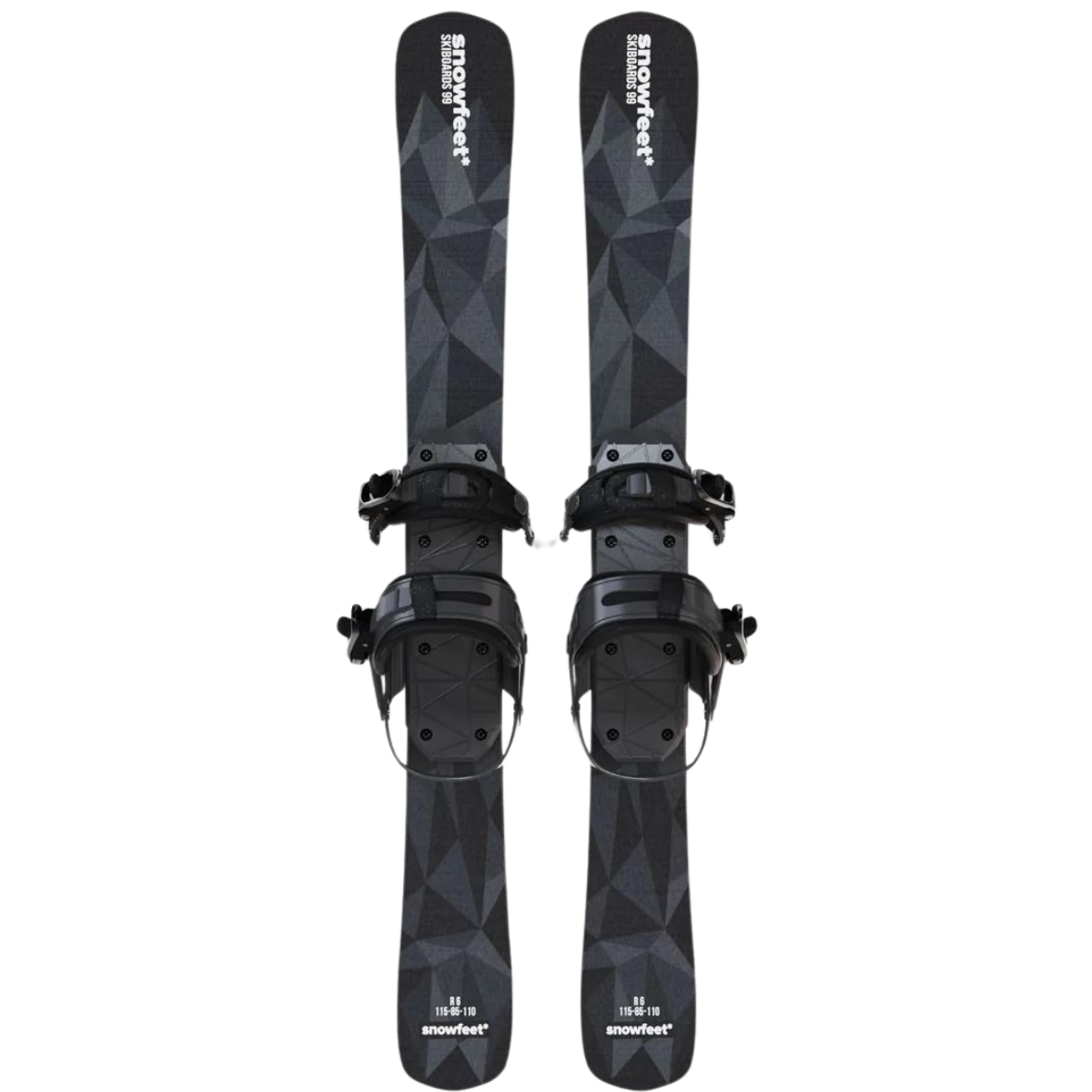
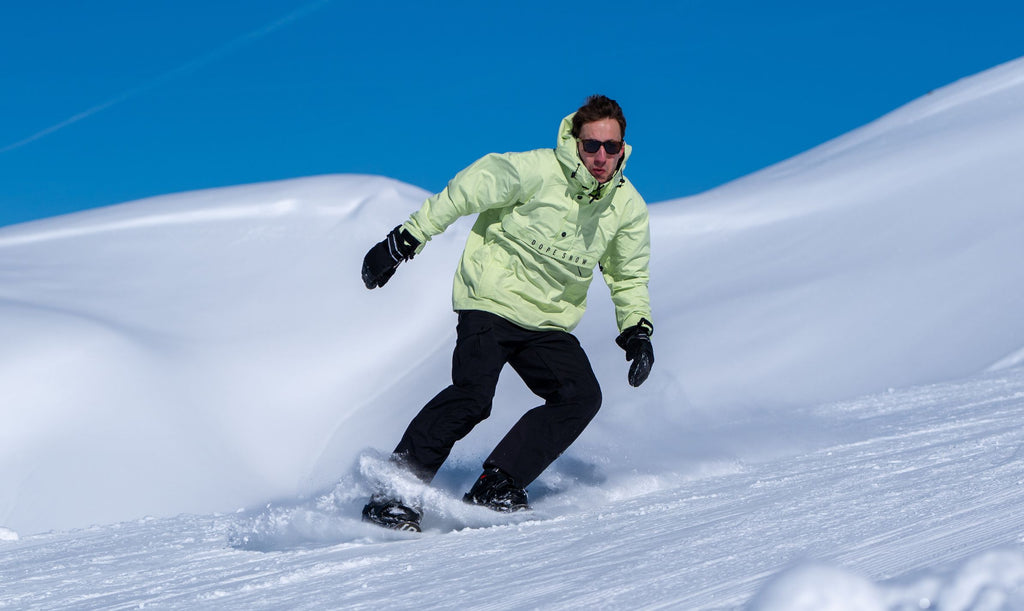
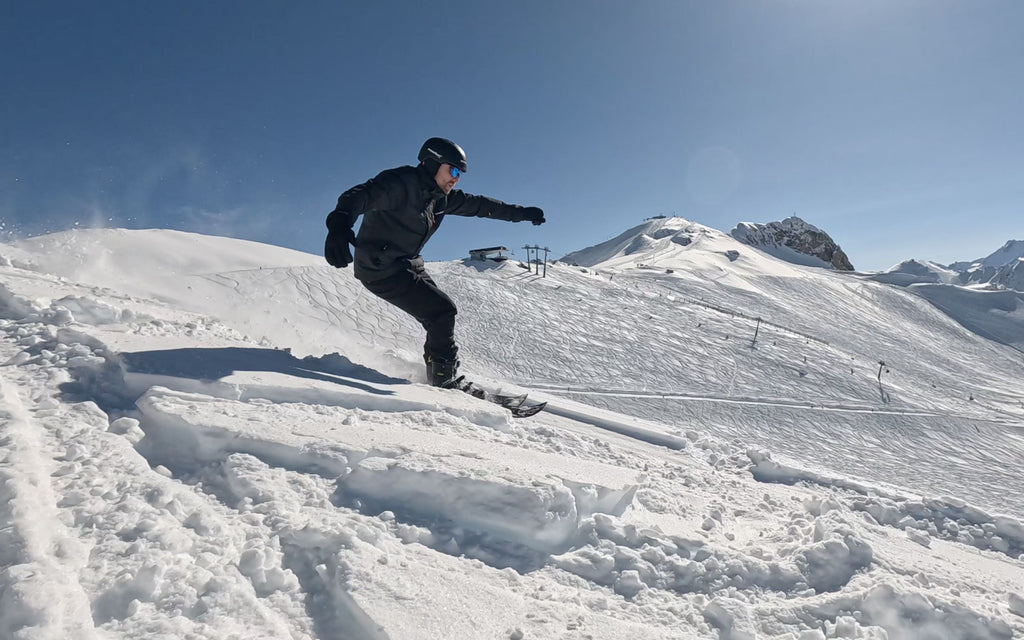

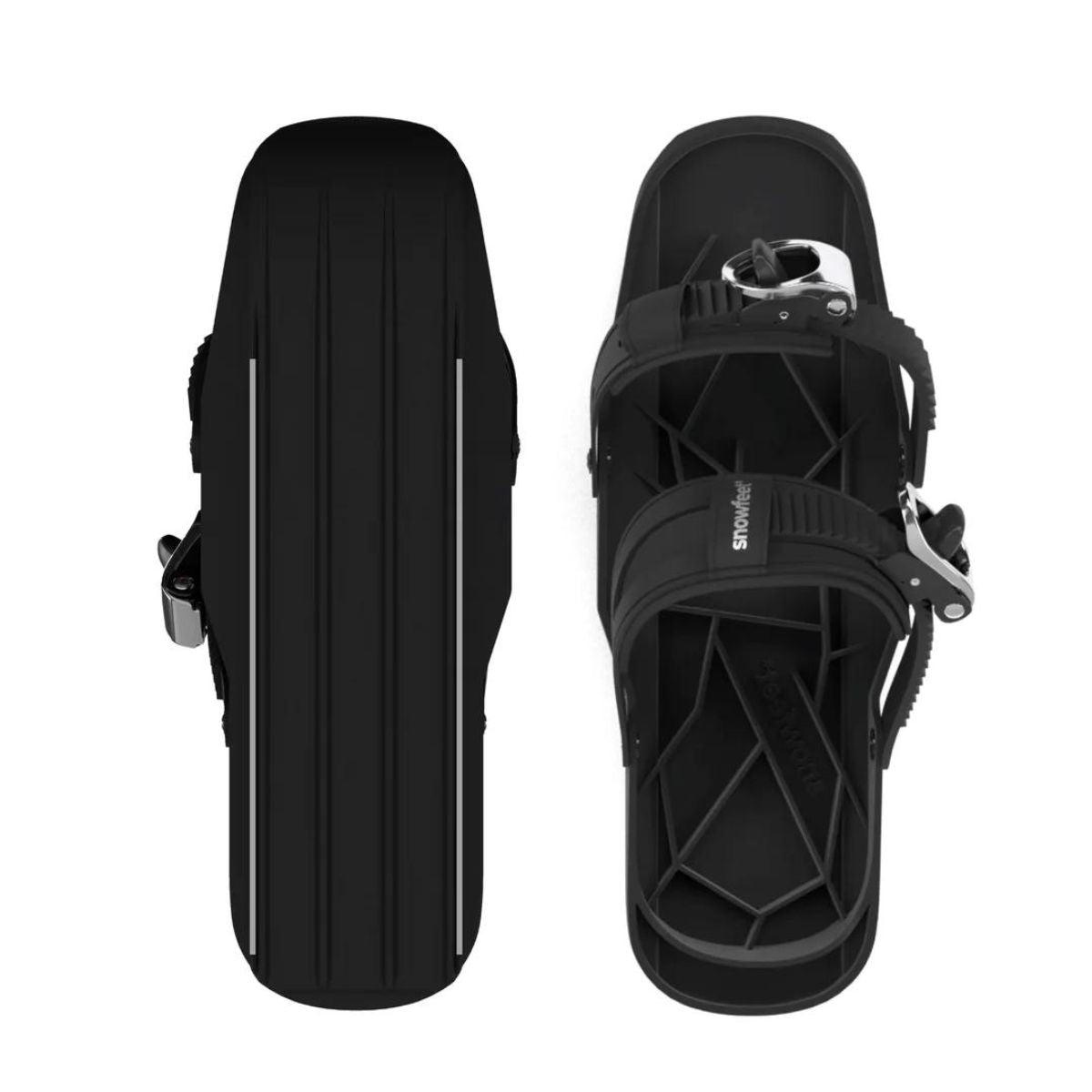
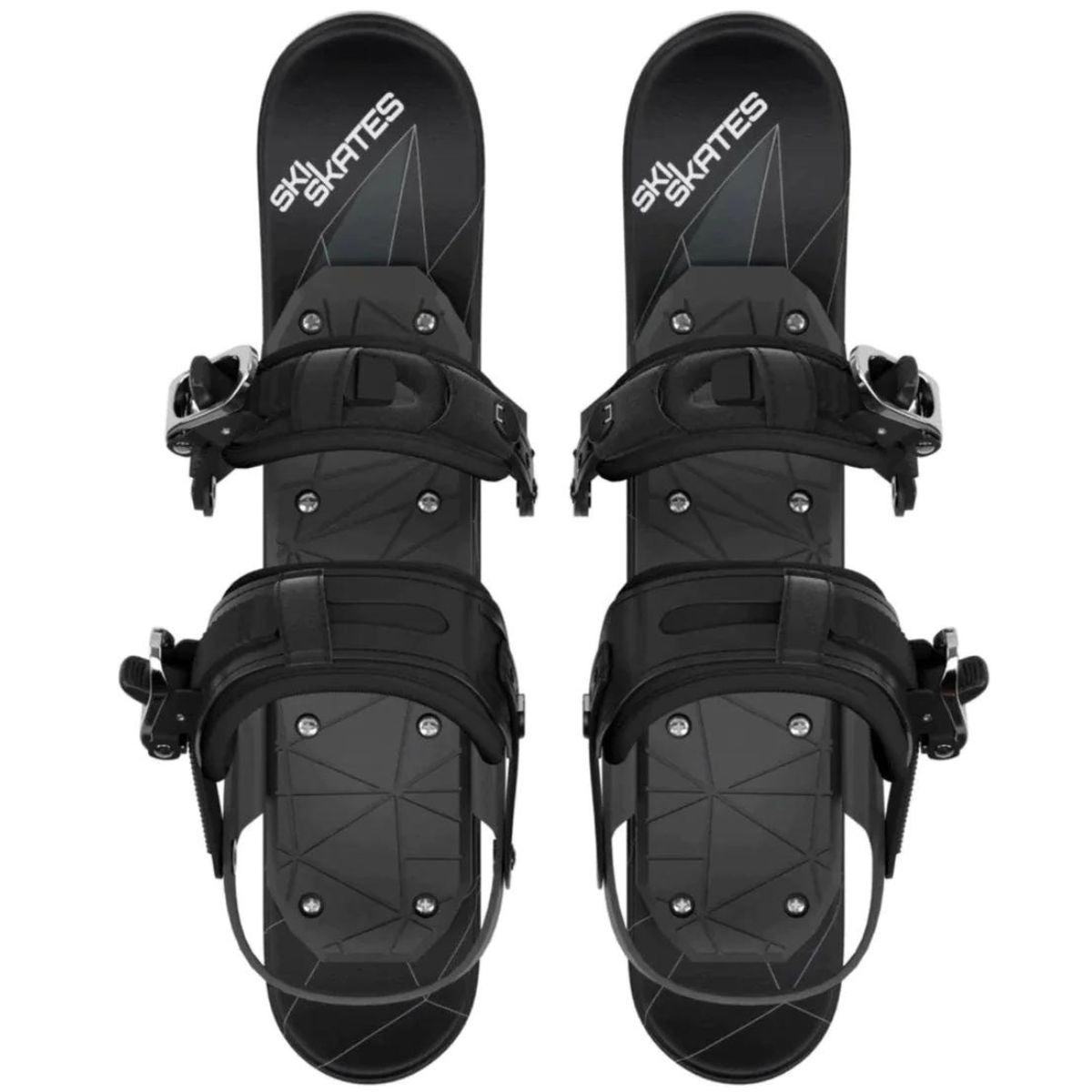
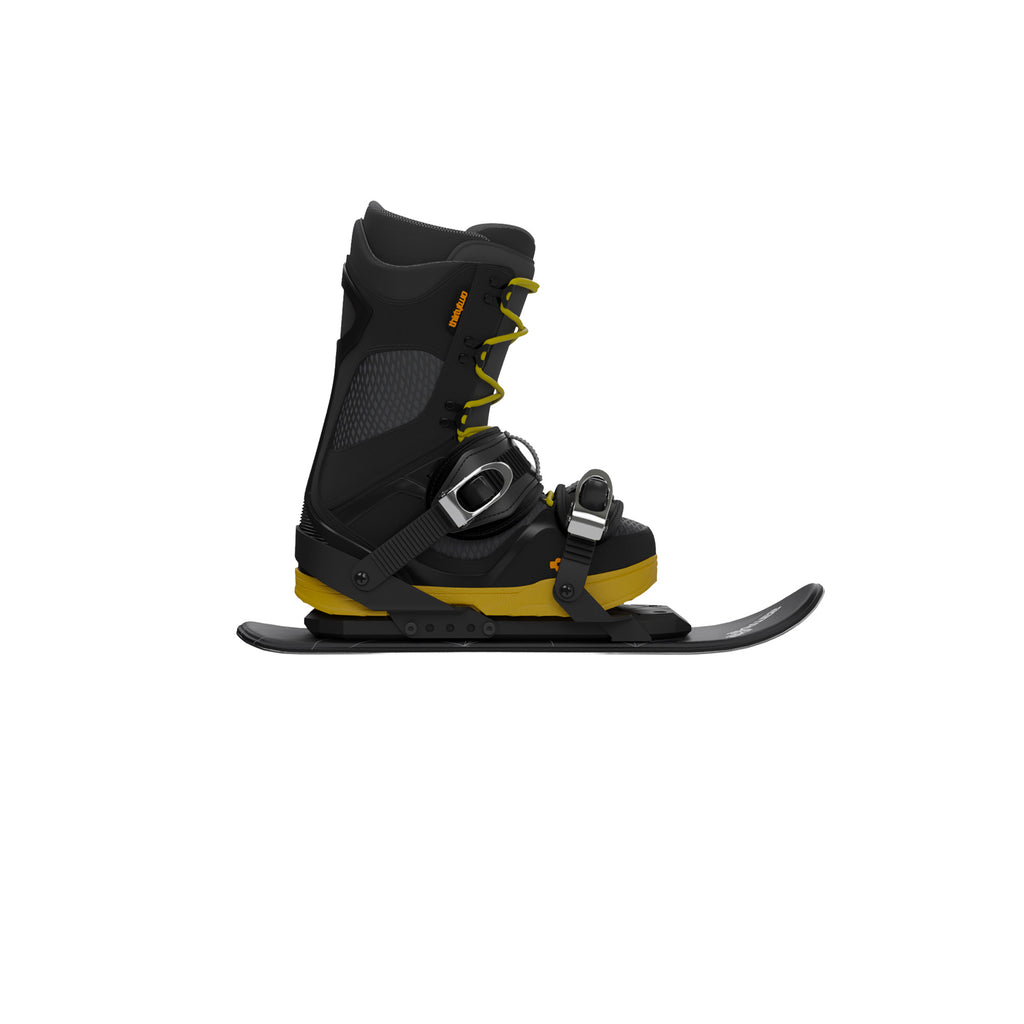
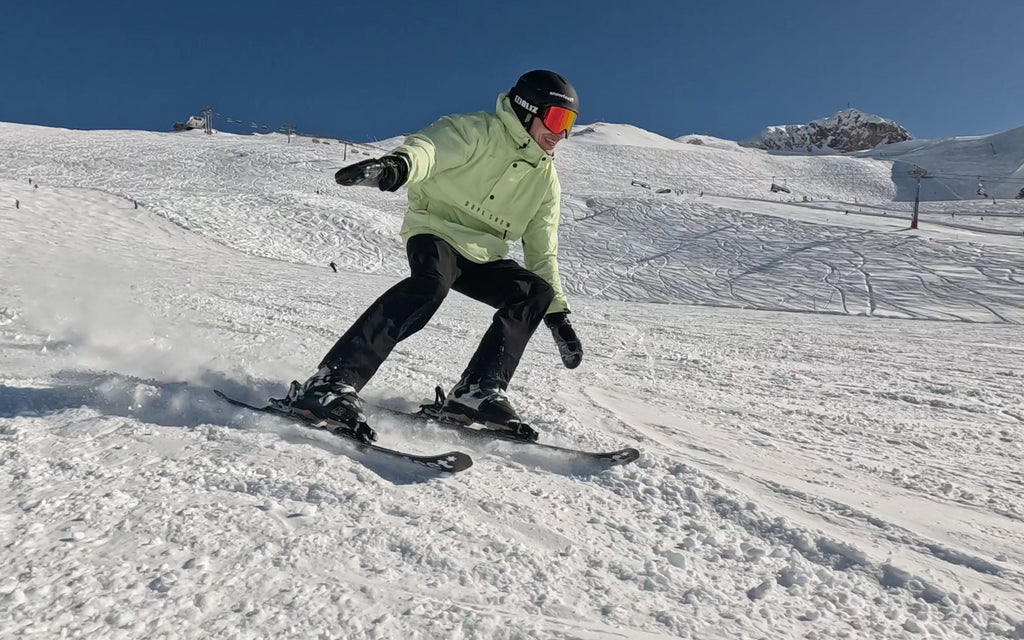
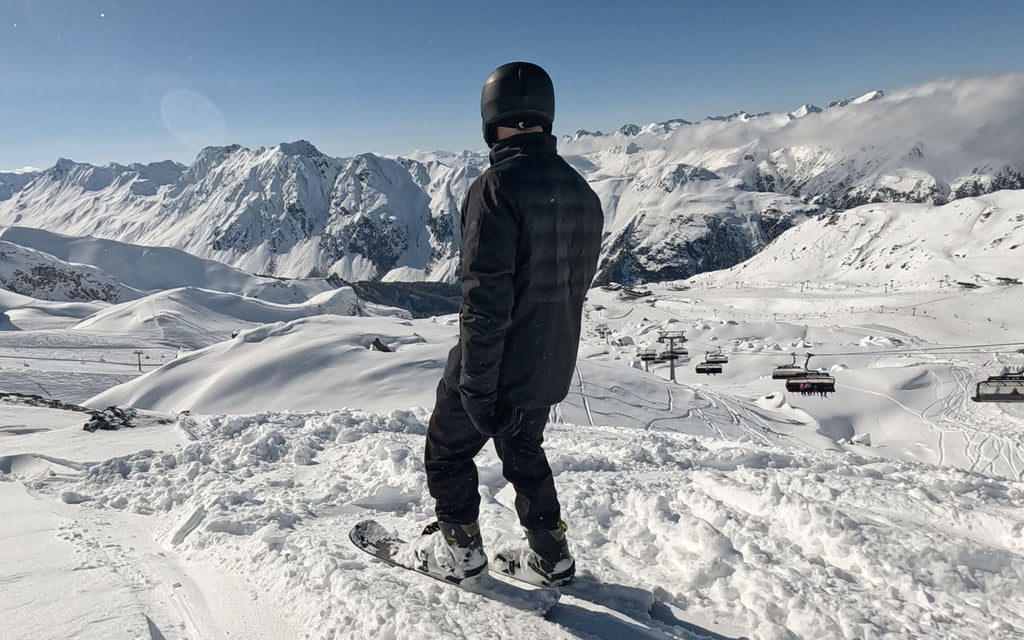

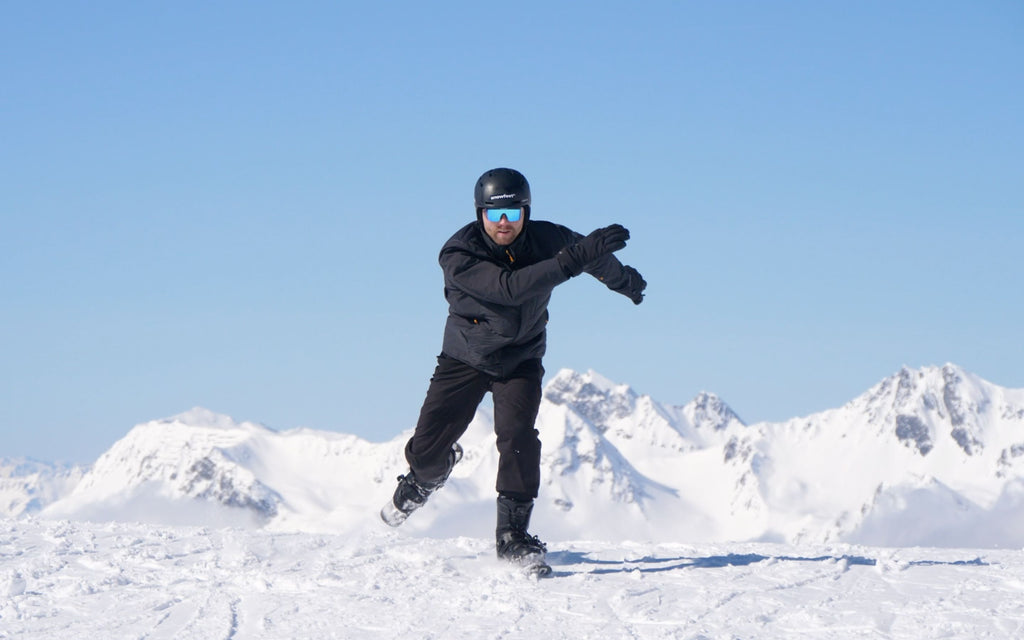
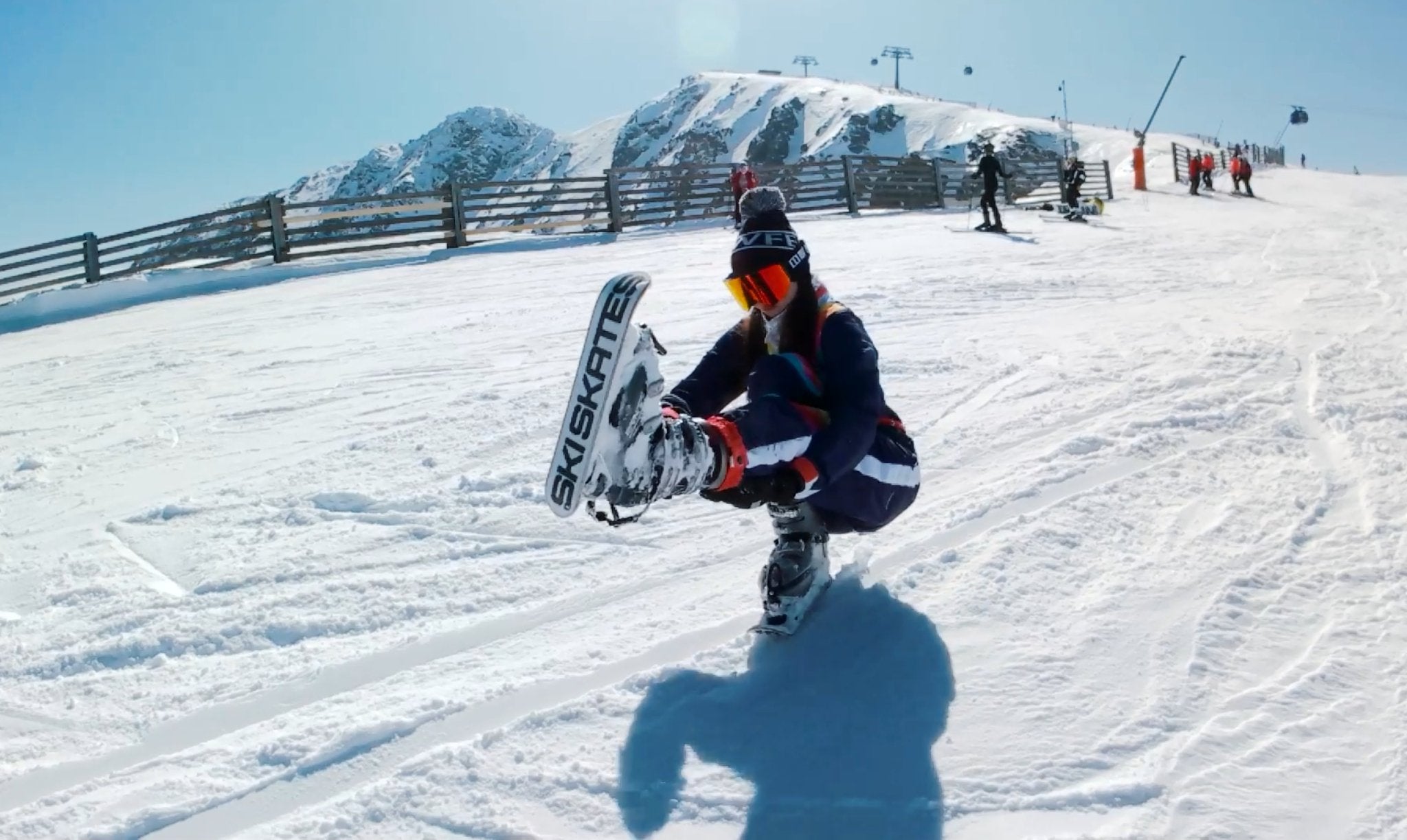
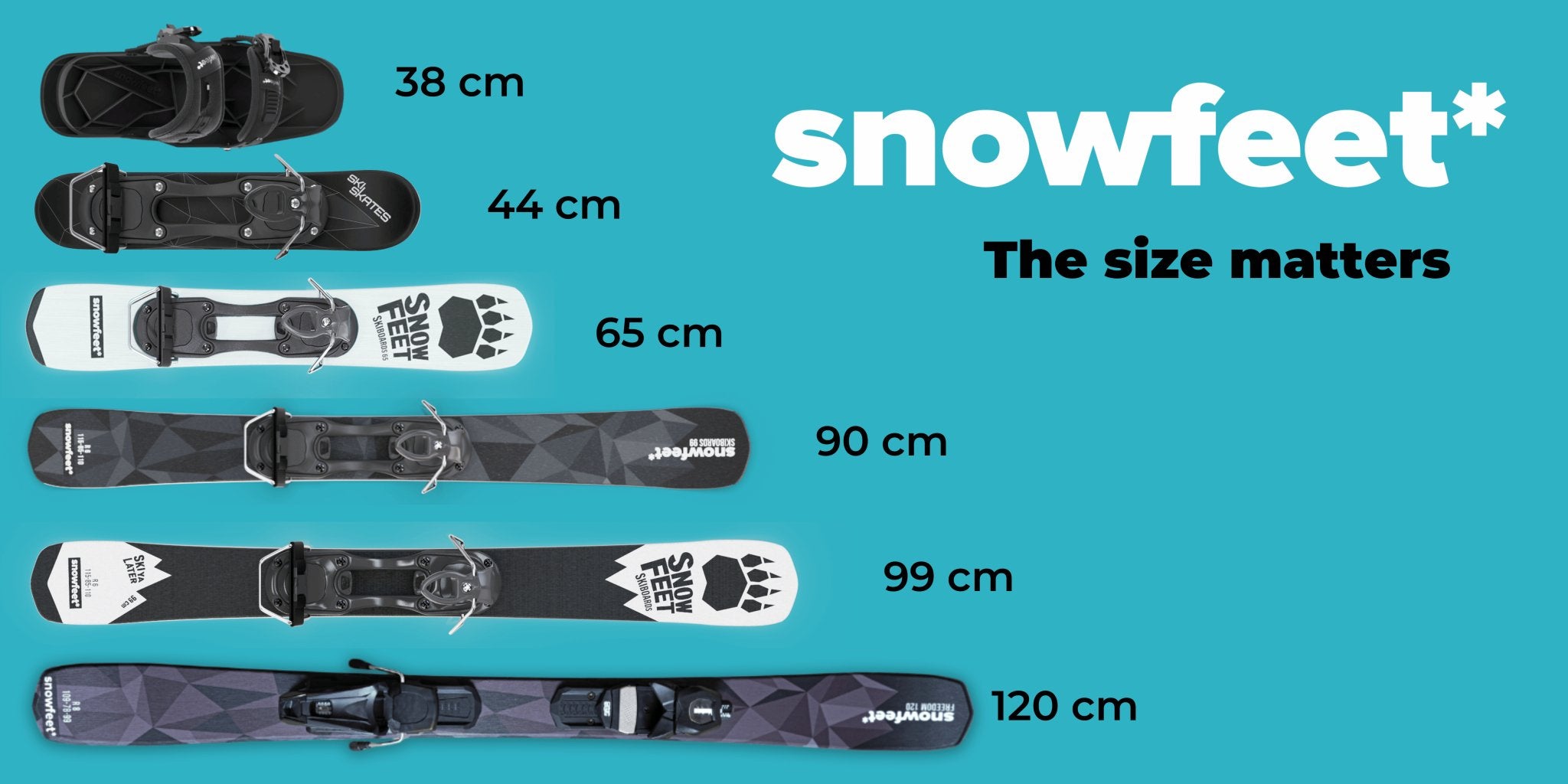
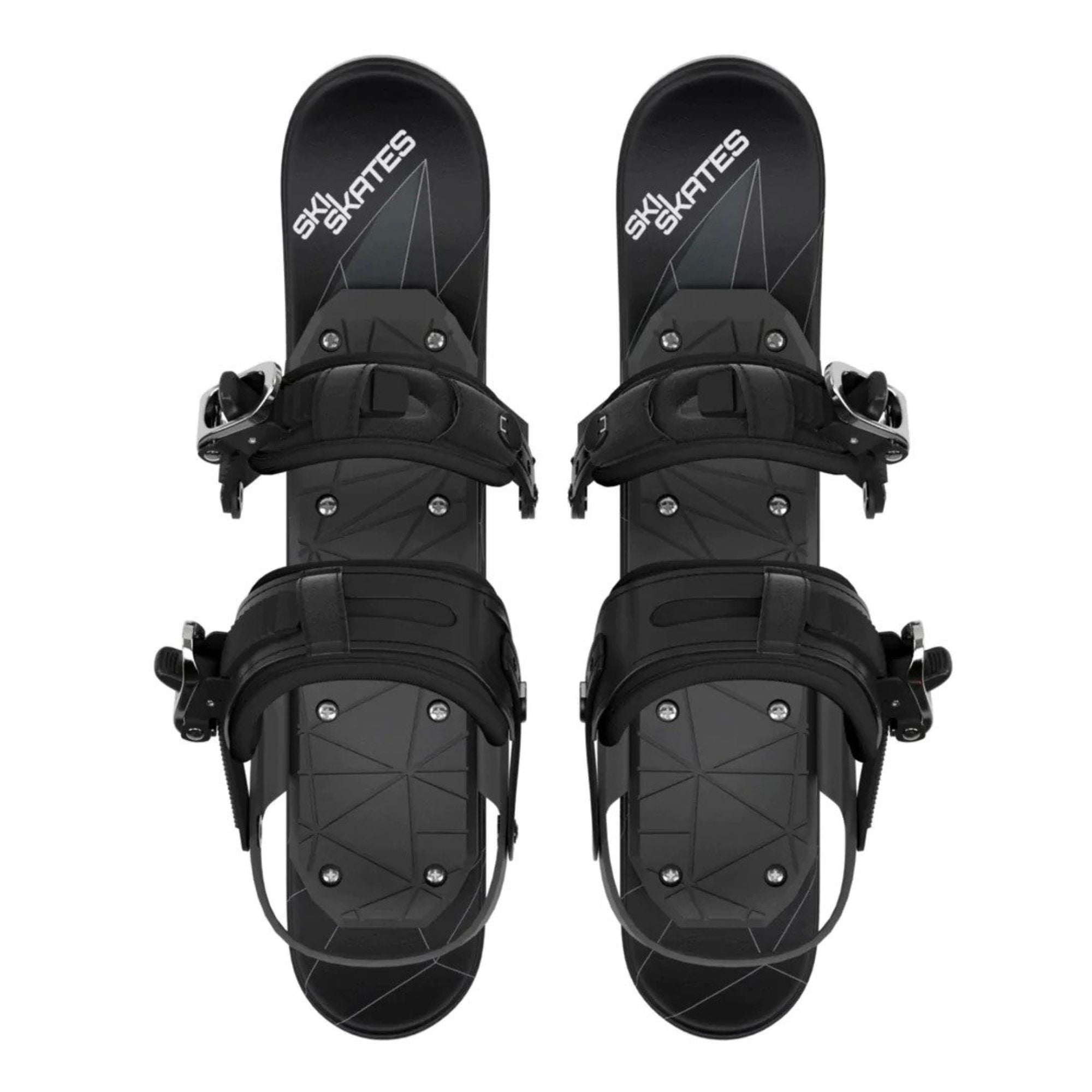
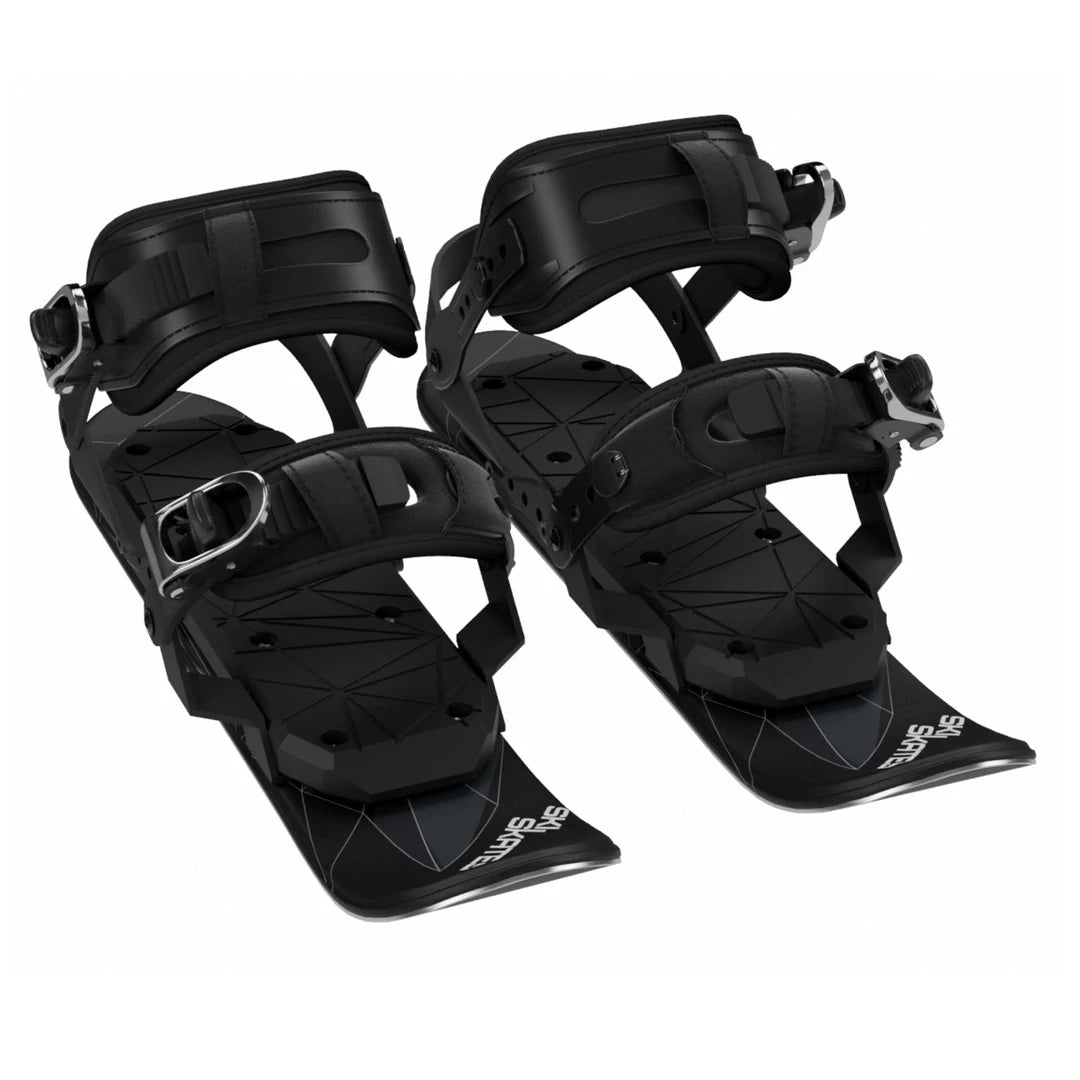
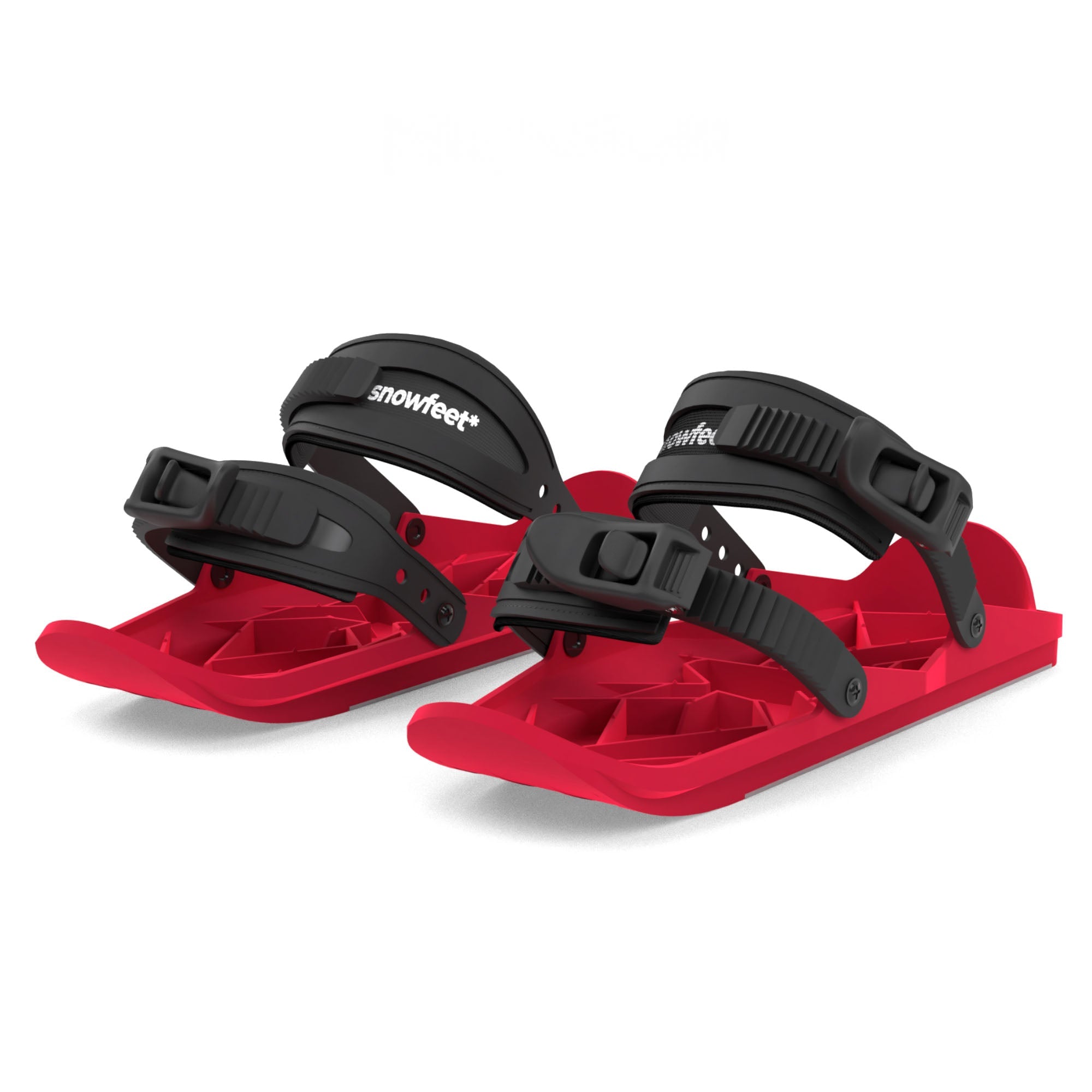
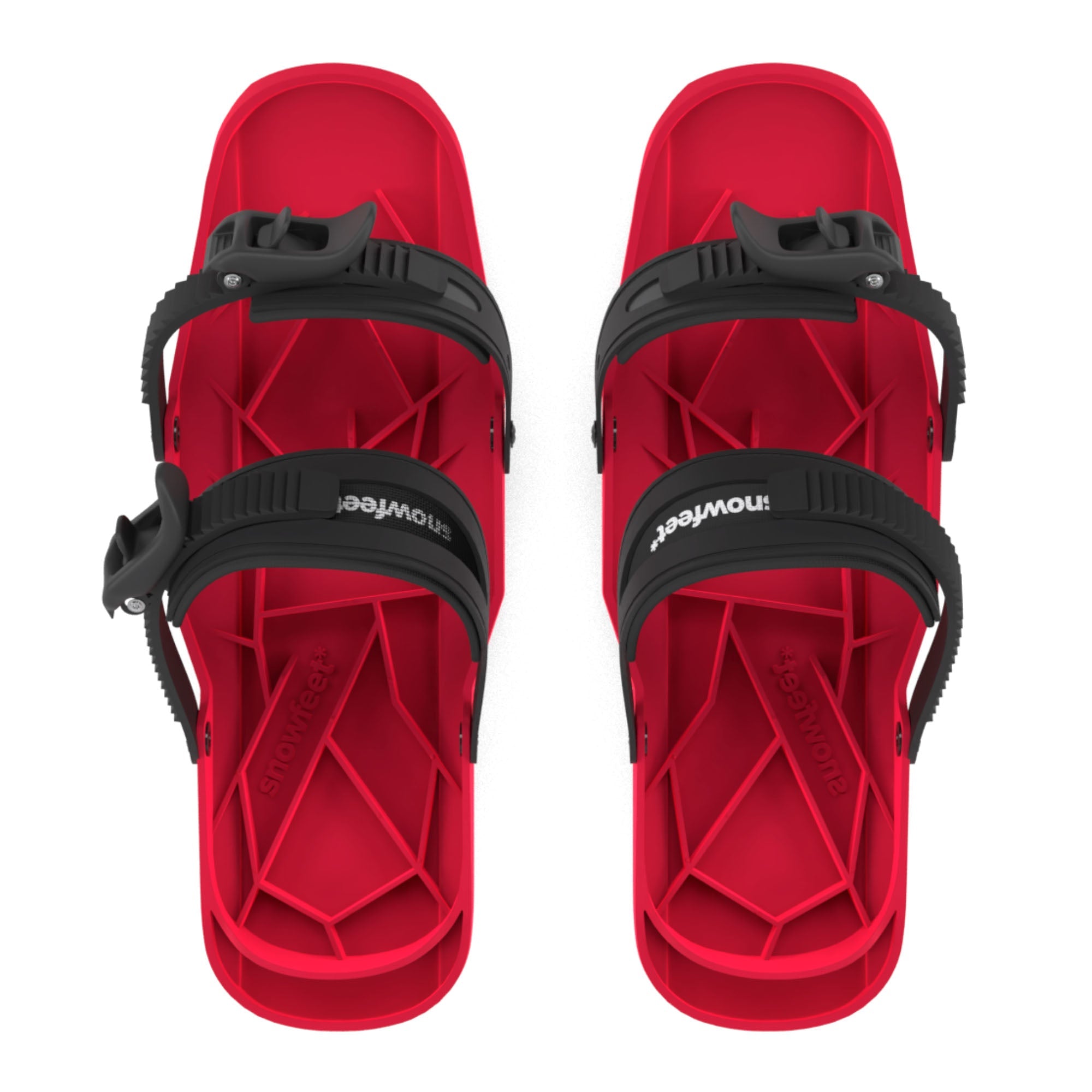




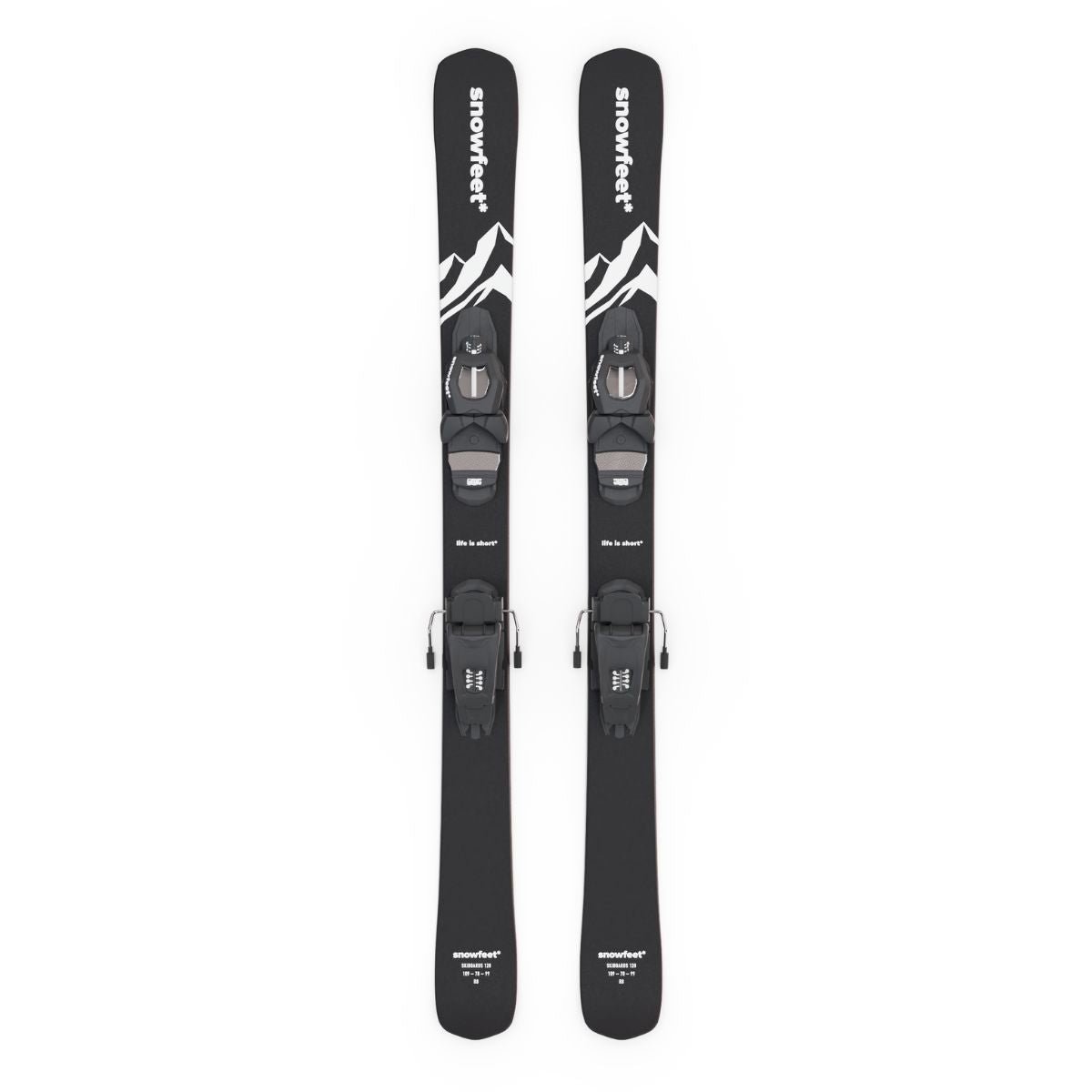
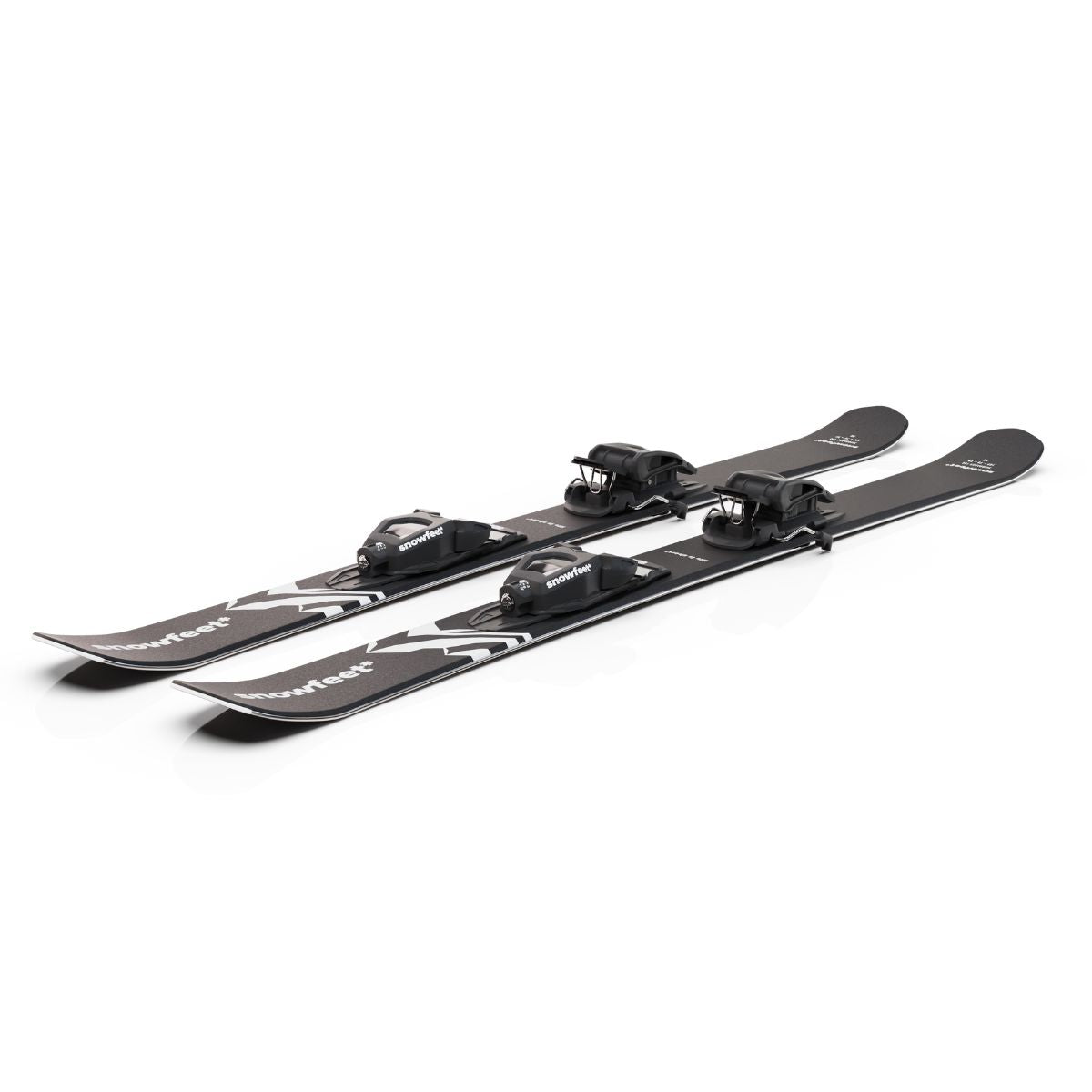
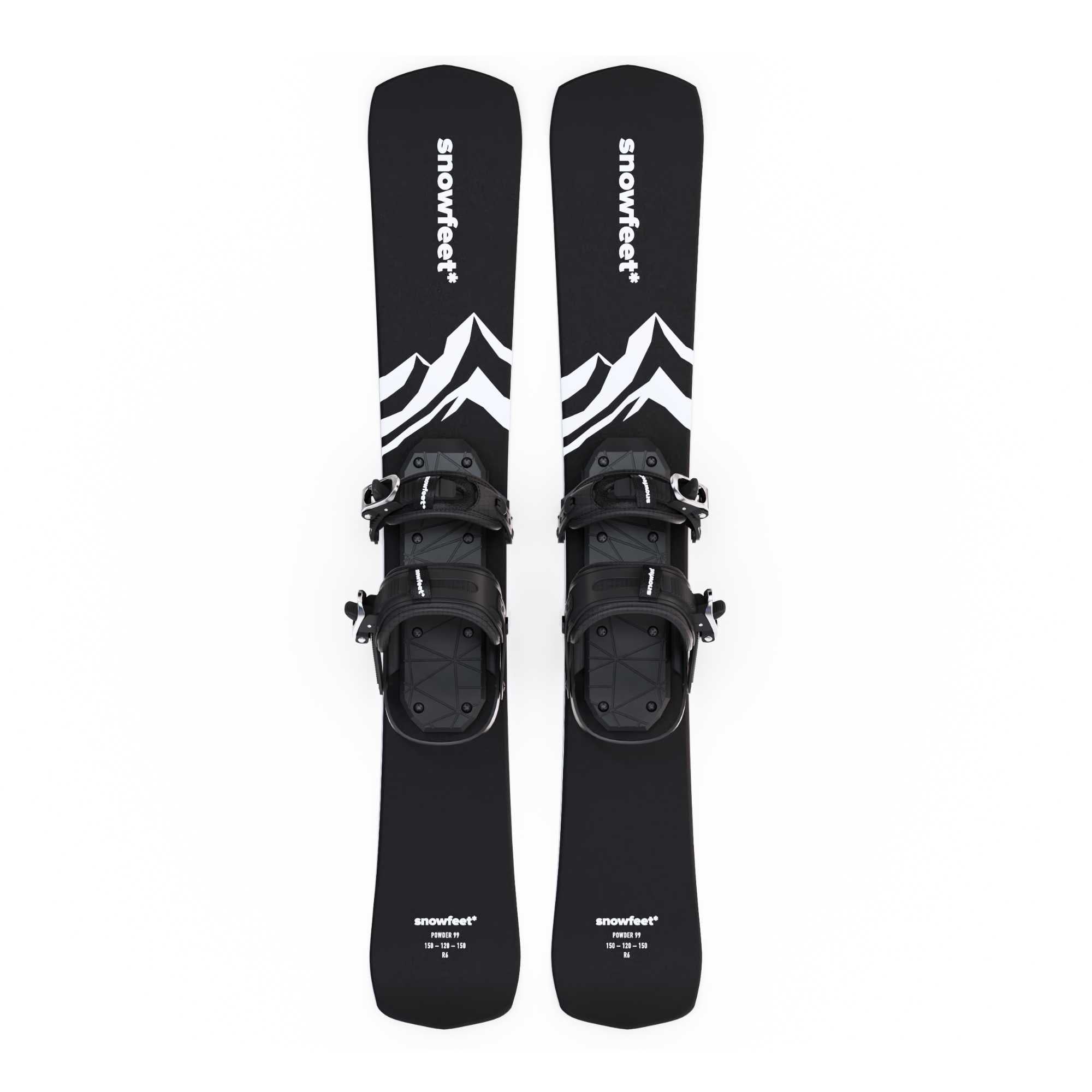
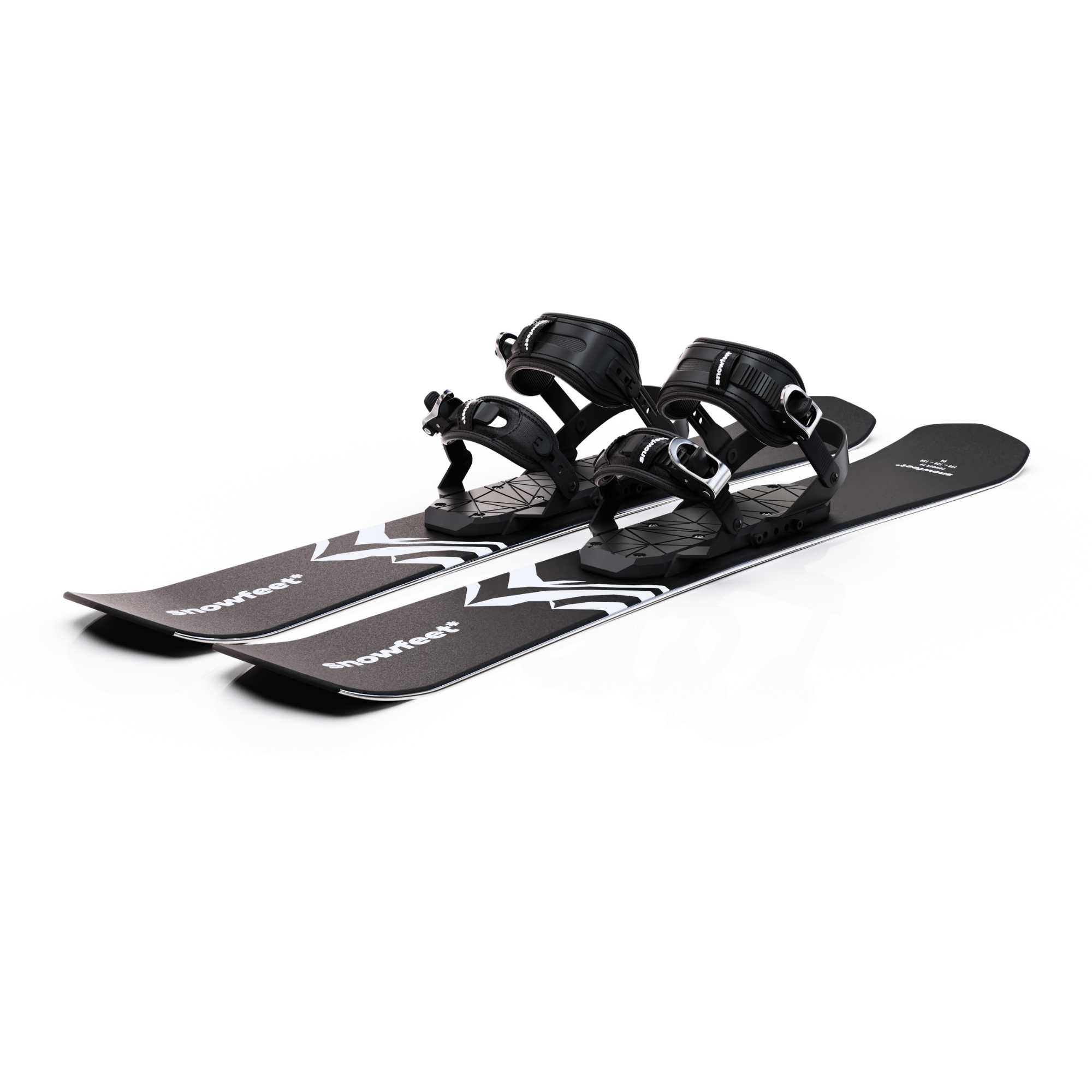
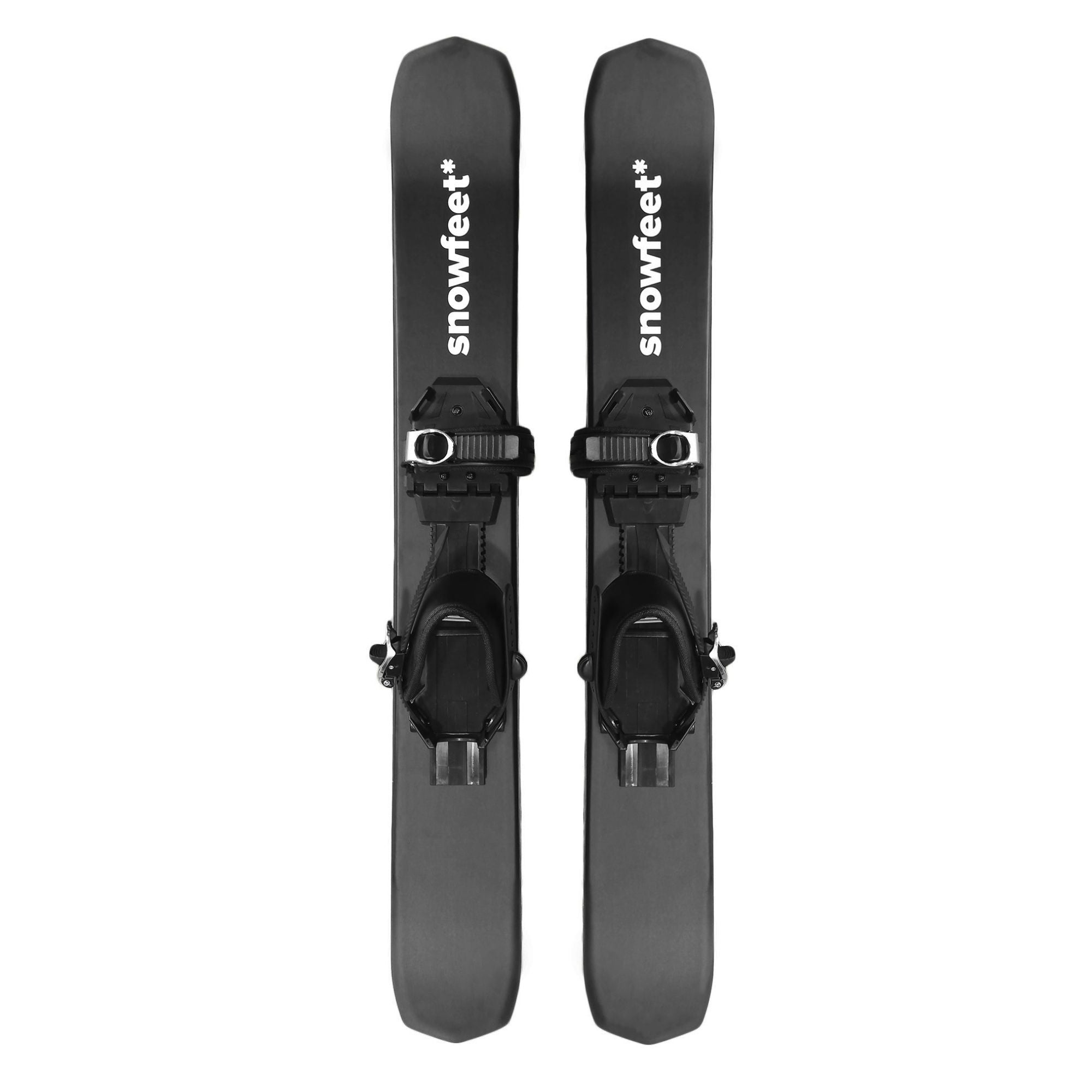
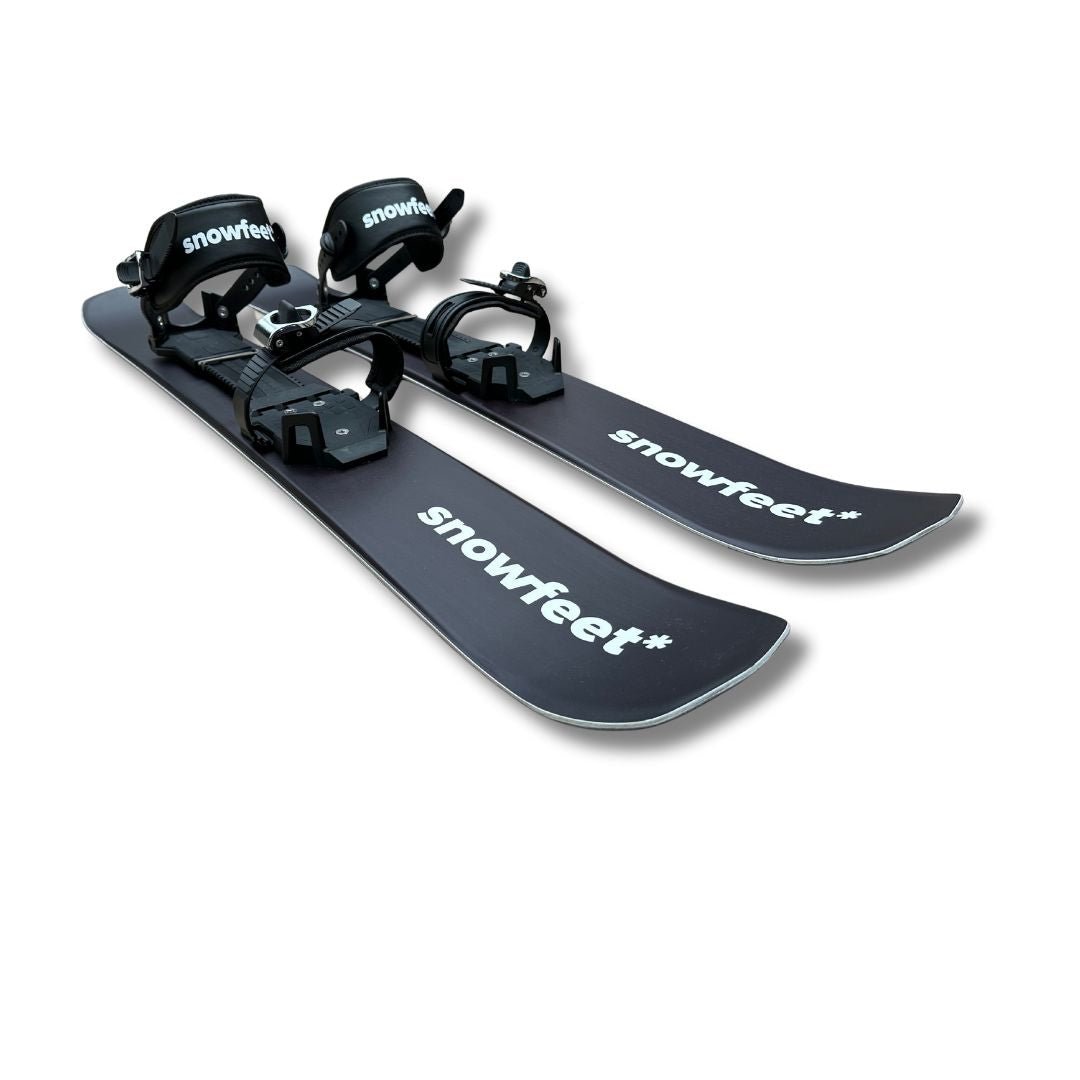
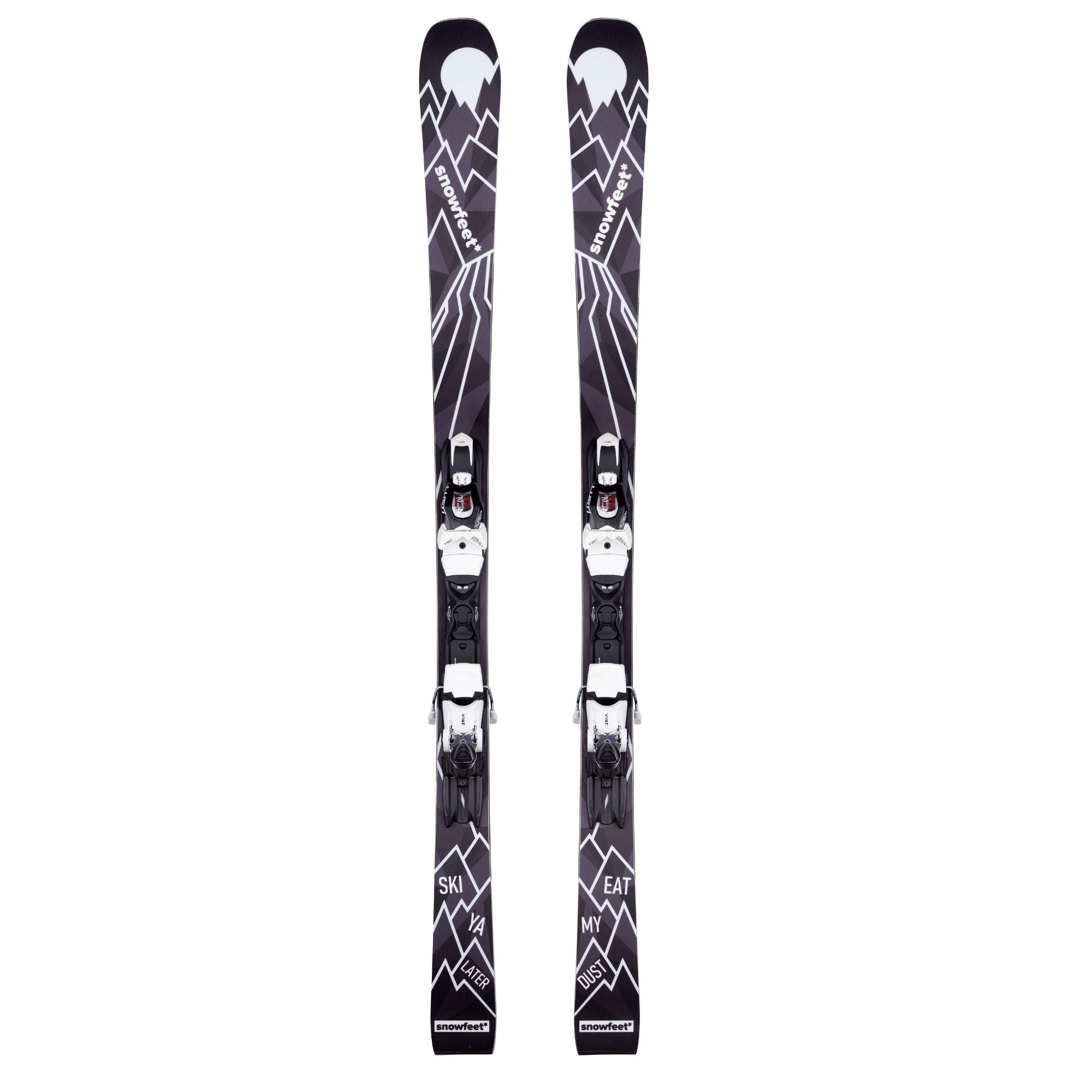
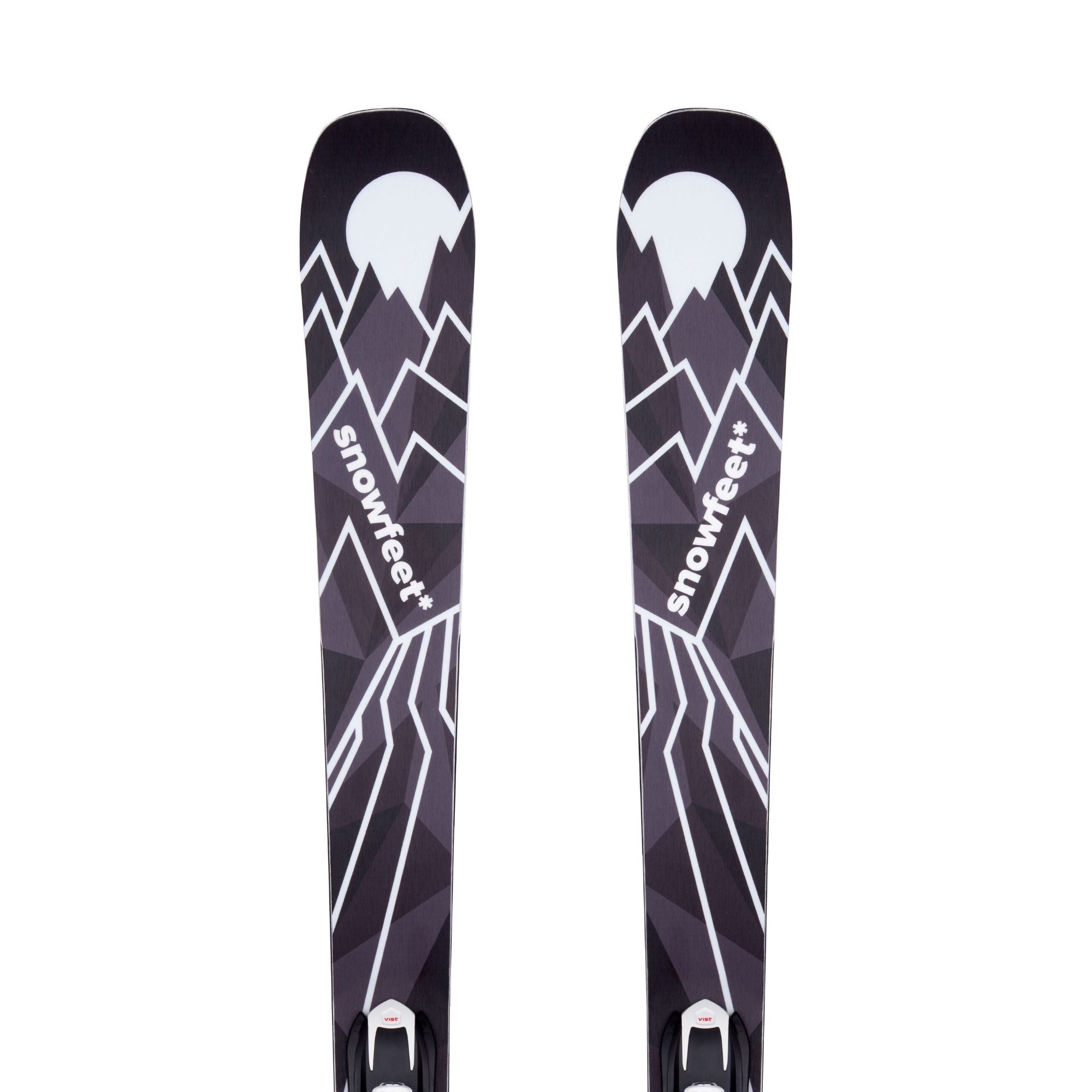
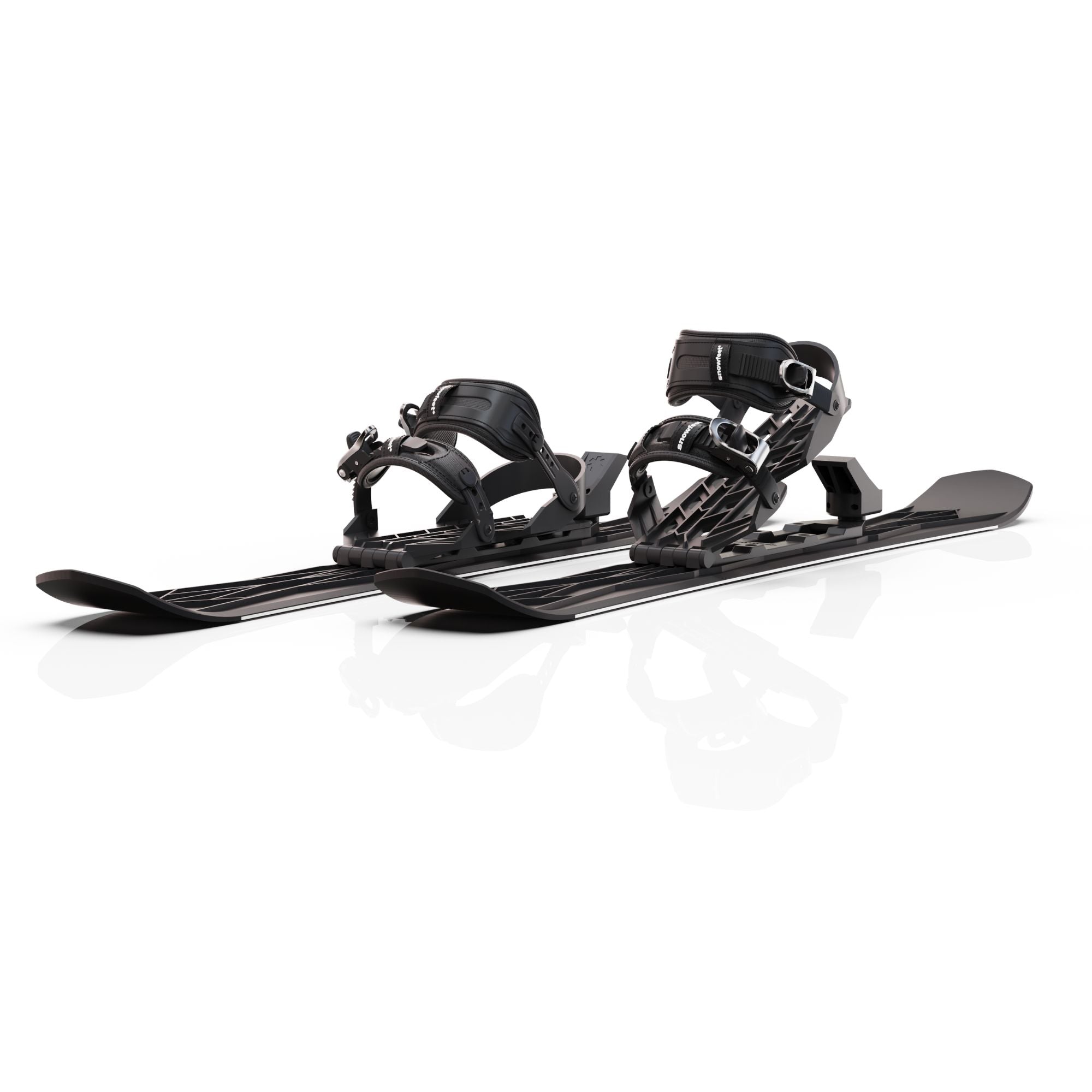

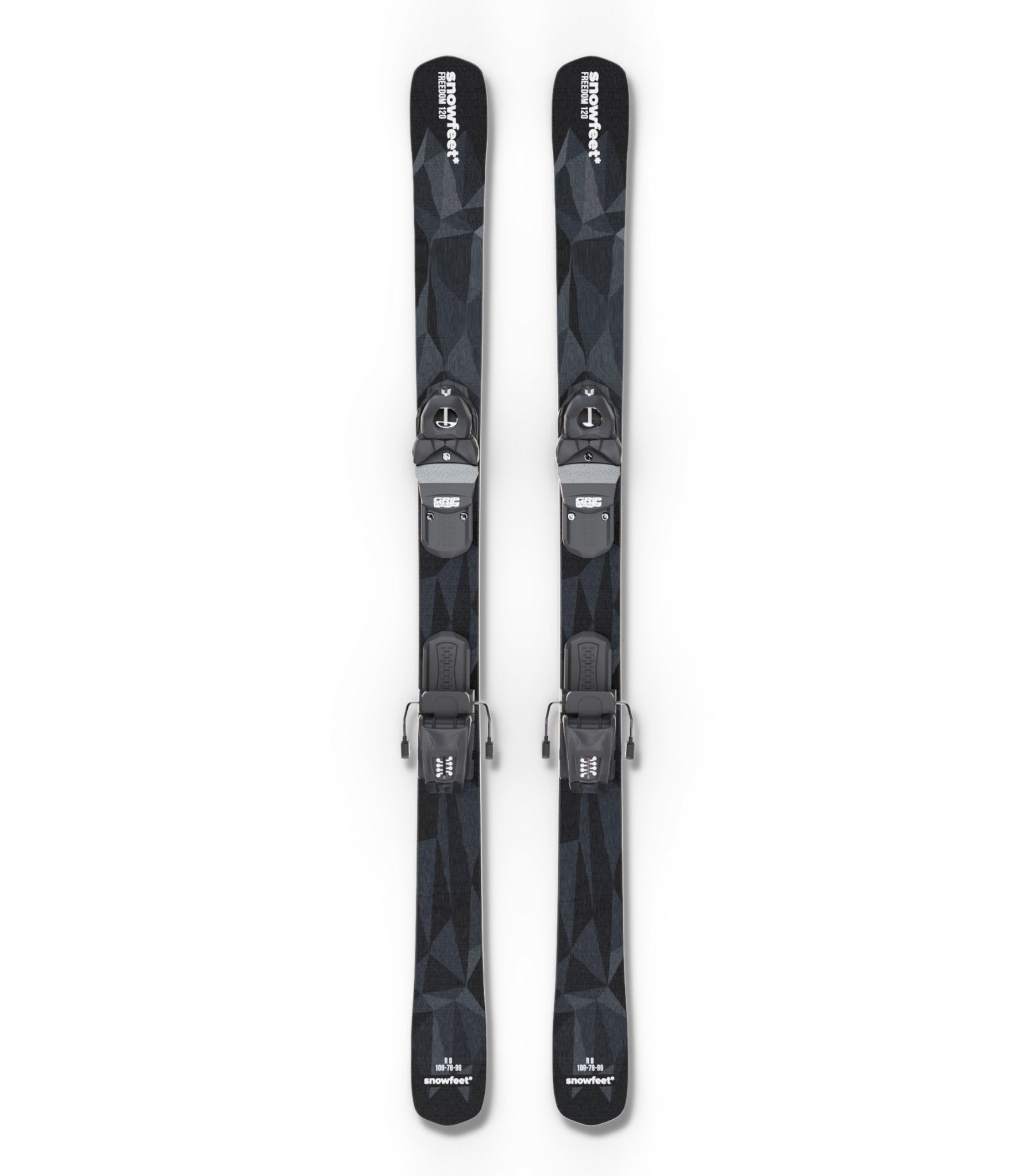
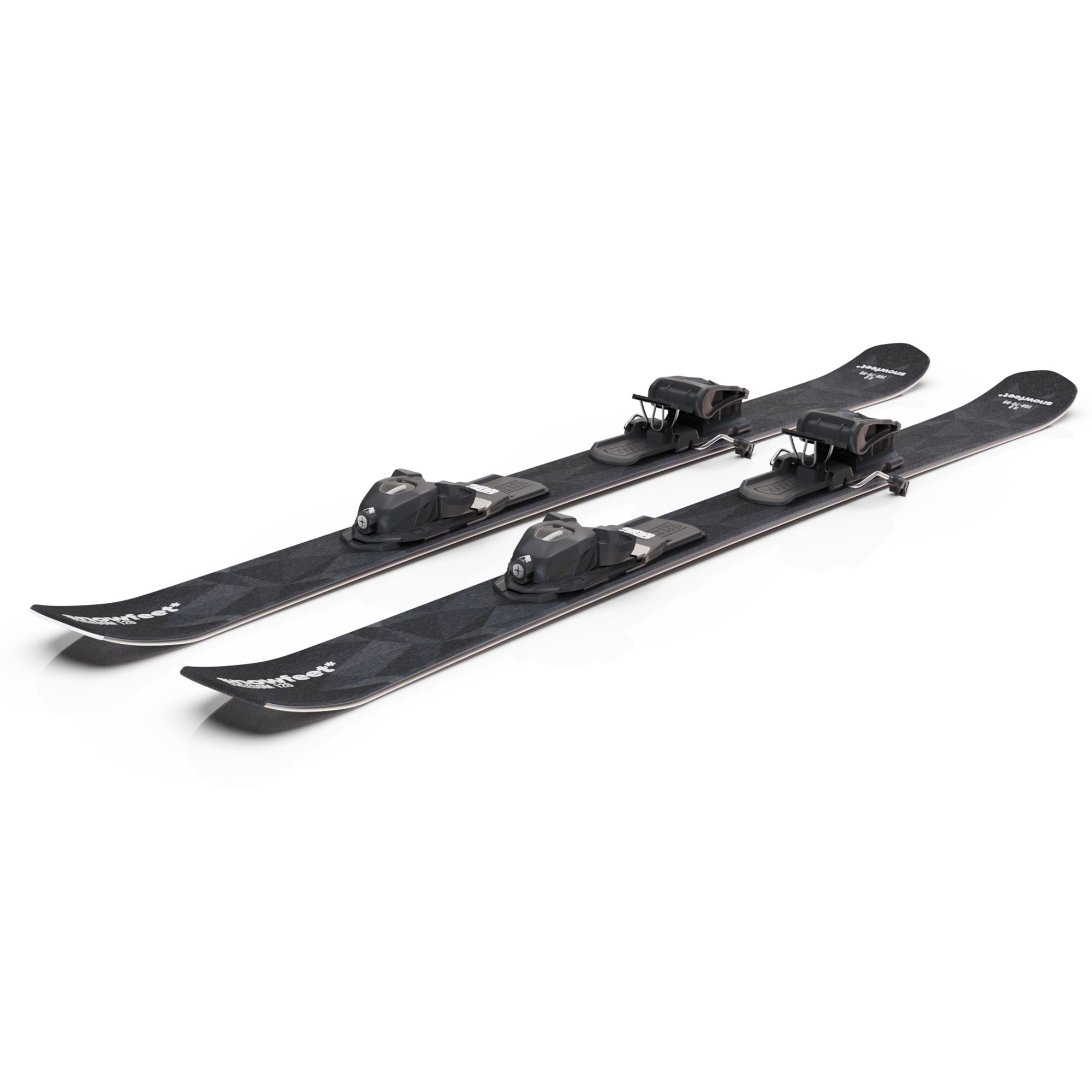
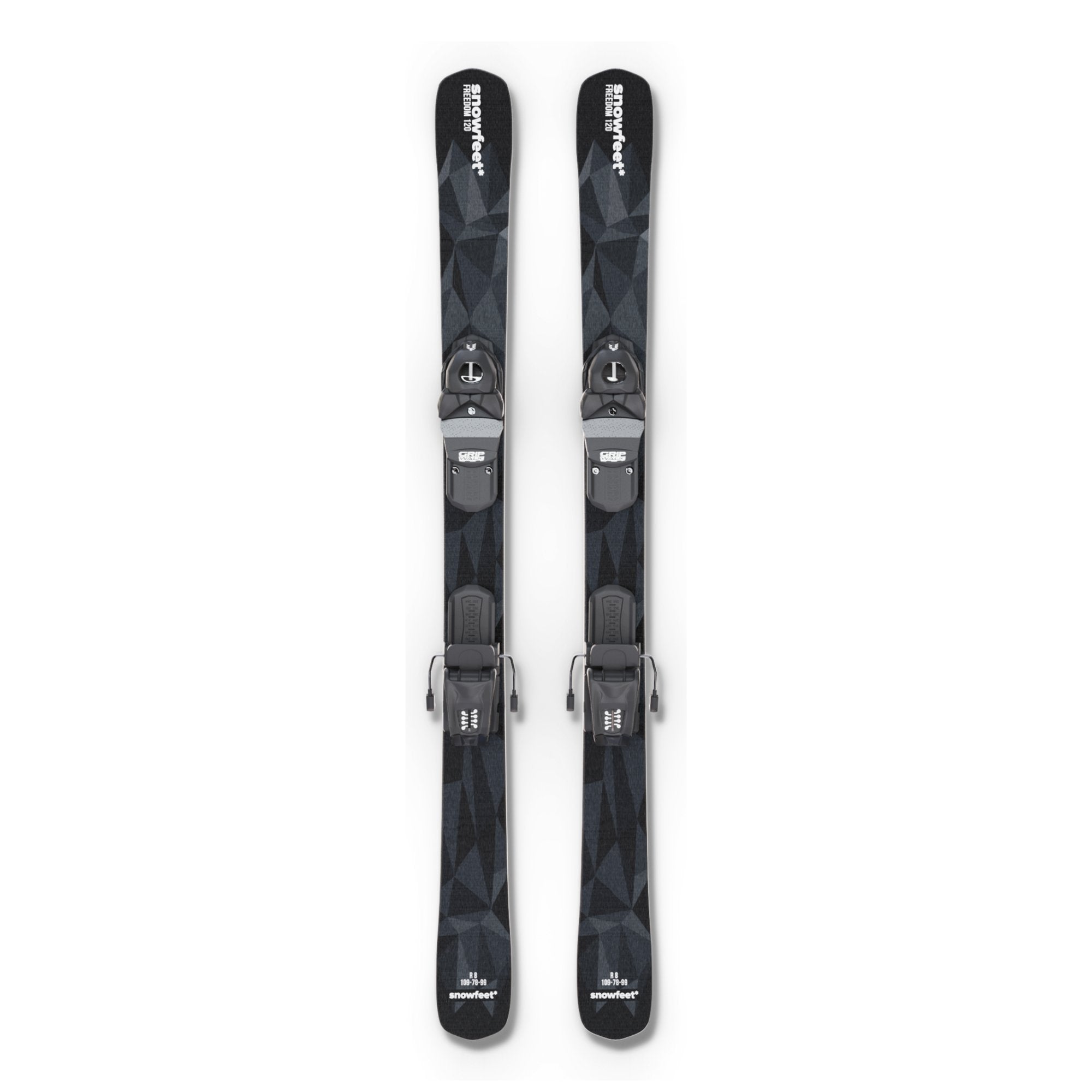
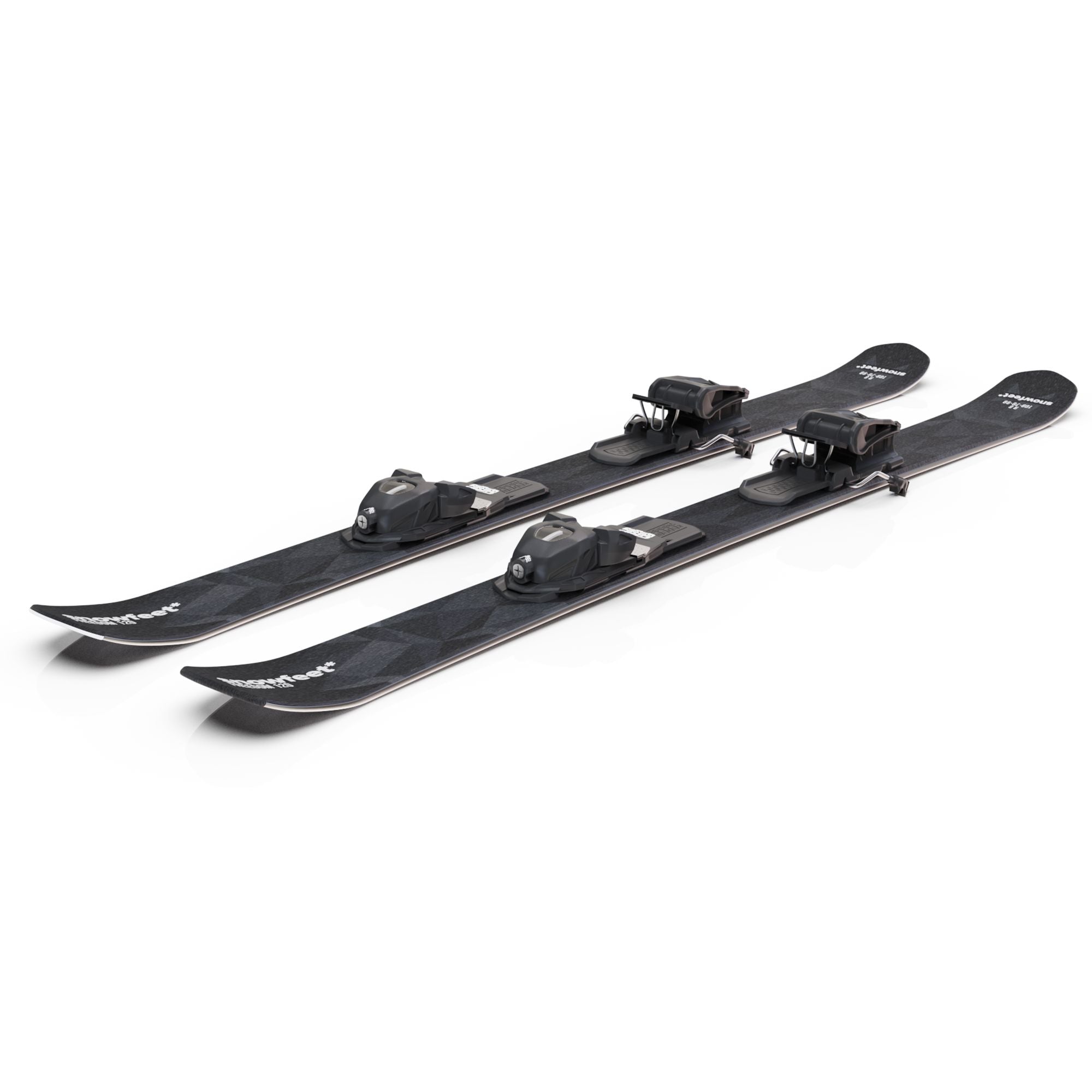
11 comments
북토끼
Wonderful article. Fascinating to read. I love to read such an excellent article. Thanks! It has made my task more and extra easy. Keep rocking 북토끼
Kennethnuh
https://gogocasino.one
discount pharmacy
Greetings! Very helpful advice within this post! It’s the little changes that make the greatest changes. Many thanks for sharing!
Dan
Are skiboards allowed in all ski centers?
Anna from Snowfeet*
Hi Andre,
great to hear from you! All of them are great choice – it depends only on your skiing style and personal choice.
Snowfeet and Skiskates are mini skis. Snowfeet are light and fun option, made from plastic, Skiskates are basically tiny skis, more suitable for faster ride on the slopes. Snowfeet will be a great choice for both slopes and cross-country trails.
Skiboards are similar to regular long skis but they are shorter (varying from 65 to 120 cm) and wider. These qualities make them better choice than long skis for almost anybody: they are more stable yet lighter, plus they are super easy to learn.
They bring advantages to both beginners, providing them with some extra support, and pros who want to try out new tricks and explore new possibilities.
Let us know which models you consider and we can help you choose the best possible option.
Anna
Snowfeet*
Leave a comment
This site is protected by hCaptcha and the hCaptcha Privacy Policy and Terms of Service apply.